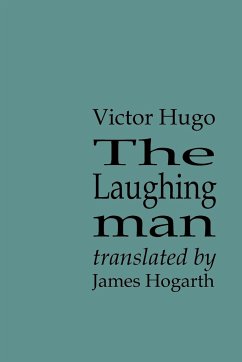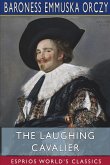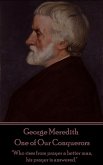¿Ursus was a man, Homo a wolf¿: the former a travelling mountebank, the latter his faithful companion. Gwynplaine was abducted as an infant, and cruelly mutilated so that his face shows the permanent smile of a clown. Abandoned by his abductors some years later, Gwynplaine rescues a blind baby girl from the frozen corpse of her mother at the foot of a gibbet. Time passes, and the young girl ¿ christened Dea ¿ comes to love Gwynplaine. Being blind, she is unaware of his disfigurement, but from passing her fingers over his face, assumes that he is always happy. Ursus and Homo meet up with Gwynplaine and Dea, and travel around England performing at funfairs. After some vicissitudes, Gwynplaine is, surprisingly, summoned to the court of Queen Anne, where it is revealed that he is in fact the missing heir of the murdered Lord Linnaeus Clancharlie, Marquis of Corleone. He is, accordingly, installed as an English peer; but when he addresses the House of Lords is ridiculed for his clownish features. He renounces his peerage and rejoins his companions, who resolve to abandon England forever. During the voyage, while Ursus sleeps, Dea reveals to Gwynplaine her secret passion for him, then dies. Gwynplaine drowns himself. Victor Hugös gothic tale has been the inspiration of numerous plays, films (the first in 1909) novels and short stories. Following a distinguished career as a civil servant, James Hogarth acquired a reputation as a versatile and punctilious translator. His translations span travel guides, archaeological texts, and novels. In 2002 he won the French-American Foundation Translation Prize for his English translation of Victor Hugös Travailleurs de la Mer. He died in 2006.








